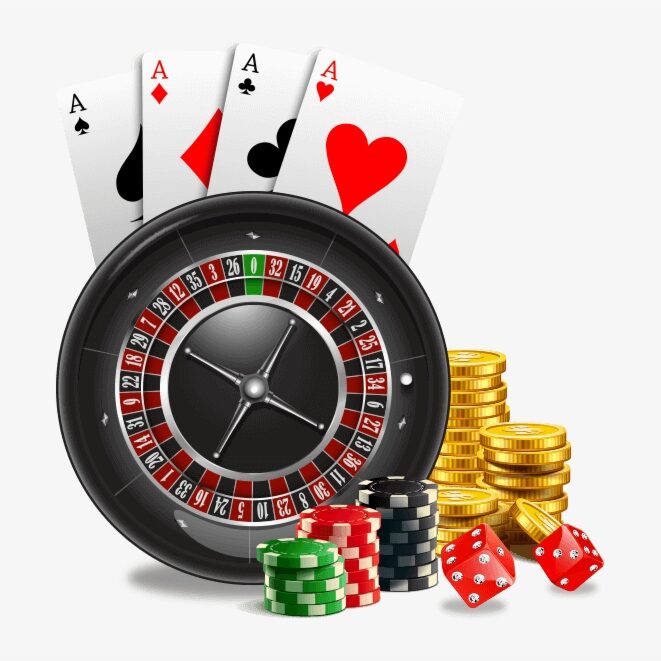In Iceland, gambling became popular in the 20th century when the islanders participated in foreign lottery games. This flow of capital has raised concerns among the authorities and has become a catalyst for the government to introduce the first gambling statute. The 1926 Lottery Act became a key component of this new legal framework, and it would have come at a more timely time because casinos and gambling were thriving across Europe.
In short, participation in foreign lottery games was outlawed and required special permission to run a legal gambling business in the country, but seven years after the lottery law was enacted, Icelandic universities and Irish universities now enjoy exclusive rights, and Iceland’s gambling environment has changed considerably since the introduction of its first statue, but only a handful of gambling business licenses have been issued as of 1933.
Iceland is not a gambling-friendly country as it has the strictest laws on gambling in Europe, but it has a solution. 슬롯머신
Iceland Gambling Regulations Explored
For example, land-based casinos in Iceland are illegal, but slot halls are allowed thanks to the legalization of slots in 1994. The machines are not abundant, and they are exclusive to the universities of Islamspiel and Iceland. You’ll find a limited amount (10-20) of slot machines in Reykjavik, the country’s capital and largest city, and some bars in the big cities, but they’re few and far between.
Similar to offline, Iceland’s online casinos are illegal, but its residents are free to play online games on foreign gambling websites that accept Iceland’s players. iGaming is very popular in Iceland, but because the country does not issue online casino licenses, players should be careful when choosing international online casinos. You will want to choose only those with licenses held by those with the highest standards, such as Malta Gaming Authority (MGA), UK Gambling Commission (UKGC), Curacao, Spellinspection and Danske Spill.
